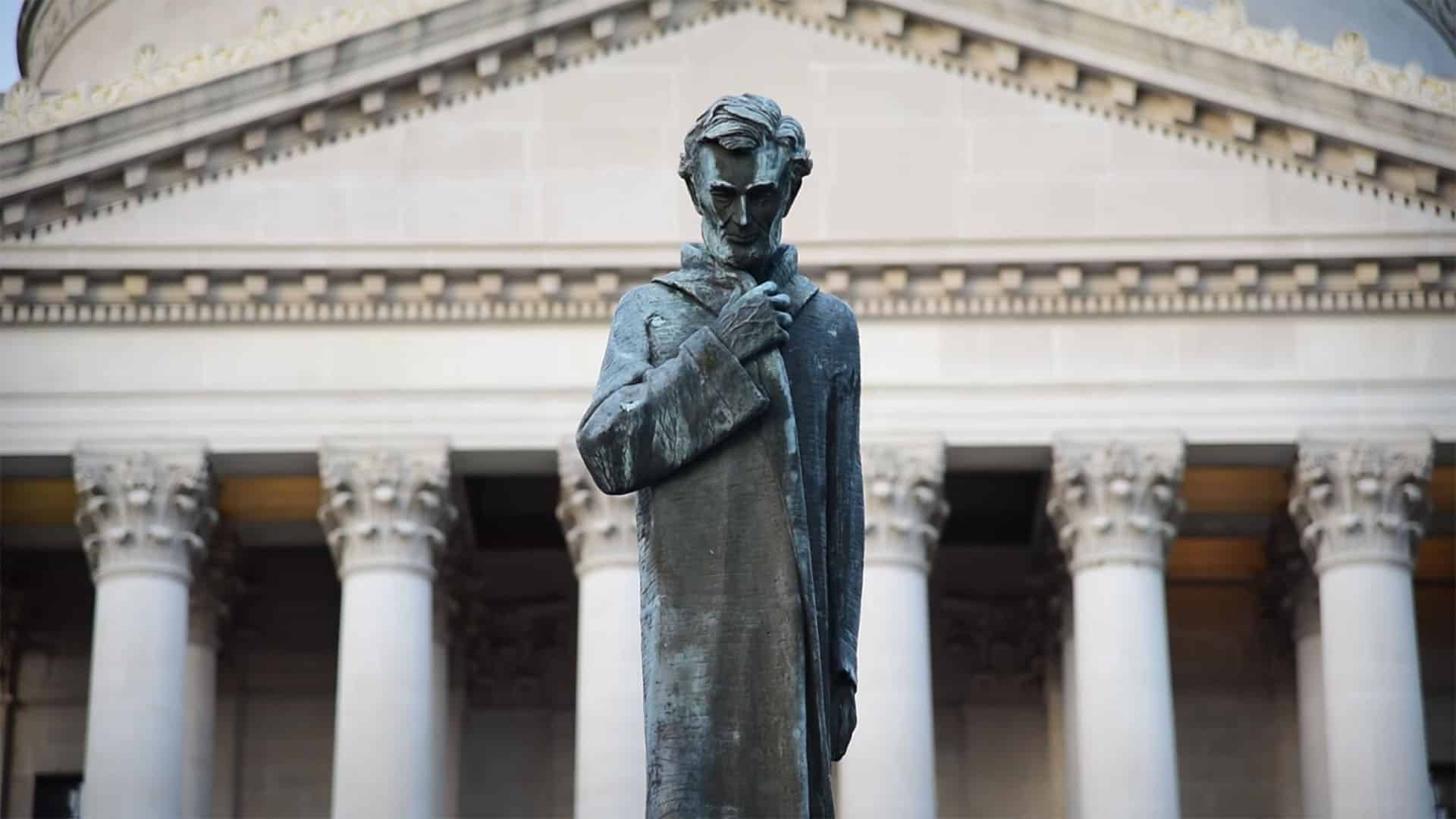Cardinal Institute Releases New Tax Reform Study

For Immediate Release January 28, 2016 Contact: Garrett Ballengee (304.561.7634) Cardinal Institute Releases New Tax Reform Study Study finds up to $1 billion in new investment and disposable income could be realized with broad-based tax reform CHARLESTON, WV (March 10, 2016) – As the state legislature tackles the state’s budget crisis in the waning days of the 2016 session, the Cardinal Institute and the Beacon Hill Institute at Suffolk University have released their joint study on West Virginia Tax Reform. The study utilizes Beacon Hill’s proprietary State Tax Analysis Modeling Program (aka, “STAMP”) that simulates dynamic tax models specific to West Virginia’s tax code and can provide insight into how changes to the state’s tax code can affect the state’s economy overall. “The STAMP model is a significant research tool because it is a dynamic modeling system. What that means is that it goes beyond traditional, more static models, and instead follows the dollars that are redirected as a result of changes to tax code to see the longer term impacts of those dollars elsewhere either in the private economy or elsewhere in government,” explains Garrett Ballengee, the executive director of the Cardinal Institute. “Our leaders have taken a somewhat piecemeal approach to reforming our tax system over the years but have had not realized the full upside of those changes. We believe that the state’s tax system needs to be considered as a whole and structurally reformed to create the most opportunity and to make our state competitive in the 21 st century national and world economies.” The study examines several components of the tax code including sales tax, corporate income tax, severance tax, business property taxes and personal property taxes as well as cigarette taxes, residential property taxes and various income tax rates. The key findings of the study include:
The study goes on to explain, “Tax cuts, at the same time, are not the only way to improve long-term economic prosperity in West Virginia. Legislators could also simply change the tax mix, for example, by reducing property taxes and making up for them by raising the sales tax rate. By just changing the mix this way – by “swapping” one tax for another – the state would gain 2,725 private-sector jobs, realize an increase of $381 million in investment, and see an increase of $111 million in real, disposable income. In contrast, reducing the corporate income tax and severance tax rates in exchange for eliminating exemptions does not provide much of an impact to the private economy.” “We know these changes won’t happen overnight and certainly not by the time the legislature heads home this weekend. However, we feel that this study lays important ground work for the ongoing conversation about tax reform in this state. As they say, Rome wasn’t built in a day and changing an almost century-old tax system will be a long-term endeavor as well,” concluded Ballengee. Author Paul Bachman of the Beacon Hill Institute and Garrett Ballengee of the Cardinal Institute are available for interviews. To schedule an interview, please contact Garrett at, [email protected] or by phone, 304-561-7634. The full study is available here. About the Beacon Hill Institute The Beacon Hill Institute engages in rigorous economic research and conducts educational programs for the purpose of producing and disseminating readable analyses of current public policy issues to voters, taxpayers, opinion leaders and policy makers. ### |
About the Cardinal Institute The Cardinal Institute is a non-partisan policy think tank dedicated to researching, developing, and promoting free-market policies for West Virginia. Founded in 2014 and based in Charleston, the Cardinal Institute is building a framework for prosperity and opportunity in the Mountain State. |

